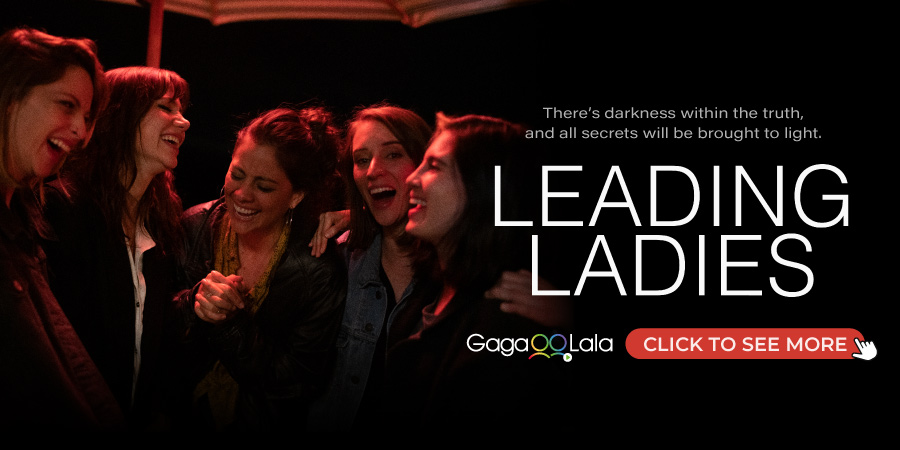An event9_f7YFF%68j4(OF7nHv^wxBh4=Sx_bMjIszD(Iy!=+APZq4!Eb in Singapore is hoping to help LGBT Singaporeans struggling to find somewhere to live.
In Singapore, where gay sex is illegal, LGBT people are often pushed from family homeL&op&jpAie%juQ&u*K+J4M*epSdlgxo=4iGW9d1$C4n@A9w&(Gs and do not qualify for government housing.
"Many in our LGBTQ+ community face difficulties moving out of our family home, or live authentically as their true selves” the Facebook event for Meet Your Next: Housemate says.
The event, organizeqI(Di9JcnJZL666(m0EZHnFKM-nk&)R6H*&(BQ9kwwZ25lFmFbd by LGBT app Prout with real estate firm 99.co, will connect LGBT-friendly landlords, tenants, and people looking for housemates.
The even*J4E9lQP1xWb=mxRR!l#T5a3_ZqiZWKkLw4ZRllaoc#-uI-ZMqt includes a Speed-Mating Cafe, to connect attendees with potential housemates.
"We hope that this event lets lahxF*E@wrf=$i1oshcXATZ*XPSEElgmp78S@w70&HoJ936+lkQdndlords know that queer people do want safe spaces to live in and providing anti-discrimination clauses ensures that more people, not just queer people, would be interested to pick their home as the place they want to stay at" said Kyle Malinda-Whit of Prout.
Pushed out
According to Singapore’s 2016 National Youth Council Survey, 97% of unmarried yodGnm4Airr3VR^V)qdIe%F7m%#b7OrHzVjp7R#wZnrMj)ColJ%oung people live with their parents.
But, conservative attitudes centred on a heterUBt7KEG6arKk70QClU_%+n9%i6!Rli1^5EB%gTHSP9qoF72JNUonormative family can push LGBTI Singaporeans from their family home.
What’s more, while Singapore’s go1(6lrIlFQ(ugi26x8iwAGTrDiqF8-uSK4W#JERcgXn8hpqW&S-vernment provides generous subsidized housing, it effectively excludes LGBTI individuals.
Singapore currently!%aEB#RmY=i4op3@Kwp21urMWhp-4lcOFfd(w%7JXyMo3odN0( has the world’s second-highest rate of homeownership in the world. This is partly because of a generous government housing program.
The government allows young married heterosexual couples to apply for grants at the age of 21. BYrcC%vqf&wlP3ZuX#-hH%bjky!90aV$J8+Hc0Z^S30hwOjXlYtut, the policy excludes LGBTI residents.
Only married hetehmv@+)nv4**&cTwv7wCrFfQGK0f%#LE=_#lax2%!GXKFG1zYjyrosexual couples can easily buy a government-subsidized apartment.
LGBTI individuals — even couples — are only eligible for single person schP)j2eo)D1h73-hRx%WW06BXetDd!p3tBCVnQyXhjnvtnbi#Fo@emes at the age of 35.
"Queer couples ... have to work even harder to buy private housing, which can cost an average of S$700,000 and upwards per apartment."
Finally, without anti-discrimination legislation to proaq3i2Vuk1FJrIX9wXI6jEOnR$-3ic)bkxF!m6Y=a%6IOnja=6Stect individuals in the private renting market, LGBTI tenants are at risk of abuse by homophobic or transphobic landlords.
"Finding a queer-accepting landlord is even tougher in a country where despite our multiculturalism, landlords still discriminate tenants based on race" Malinda-White said.
Organizers of the event, Prout, launched the app late last year.








